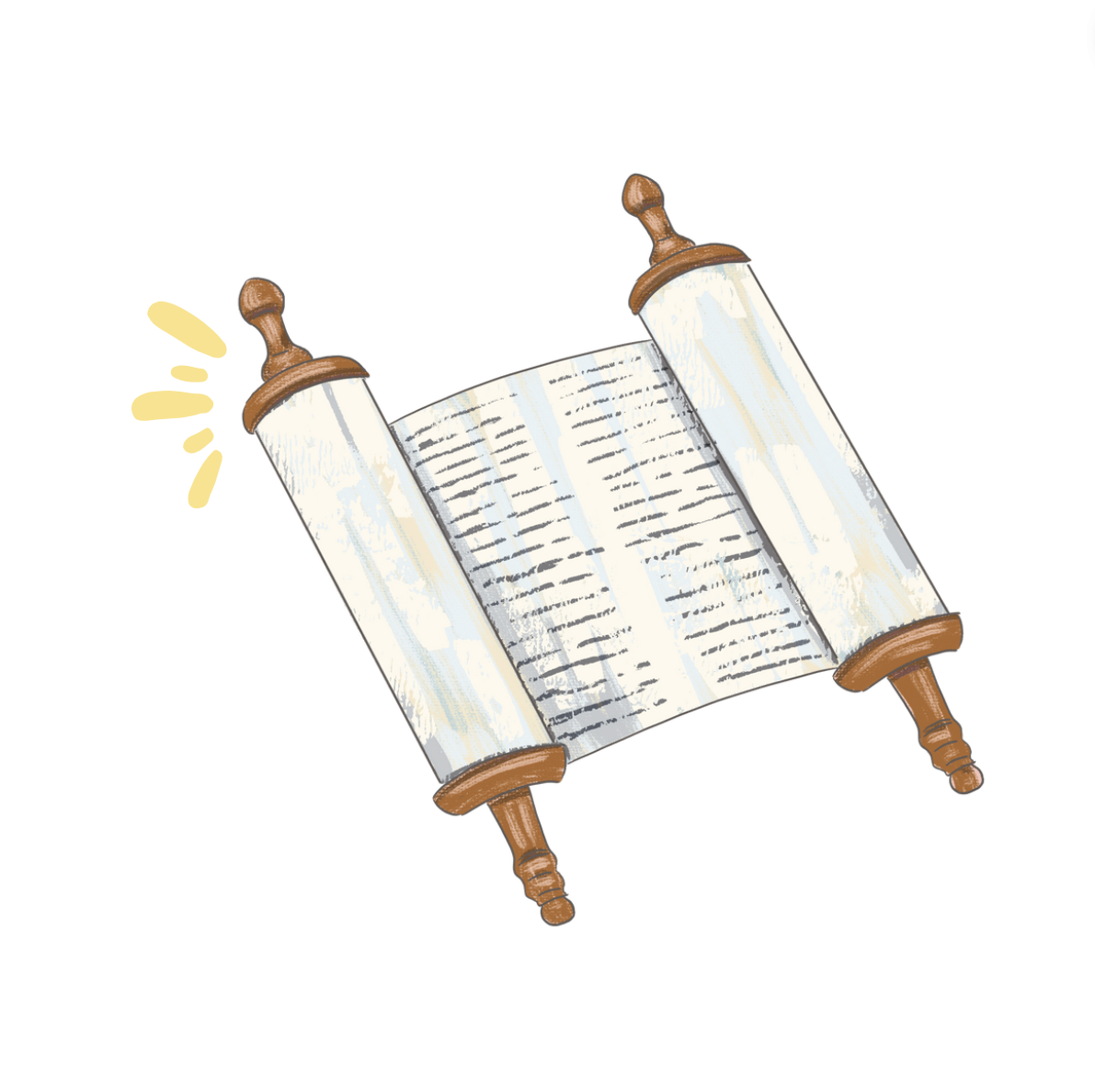There are times when the stories in our sacred texts feel as though they are from a bygone era, and we struggle to make them feel relevant to our lives. And then there are times where these stories come to life, the narratives and dramas contained within them playing out before our eyes.
That’s how I felt this week, upon reading our Torah portion, Parashat Vayera. In it, we read about impossible choices, interpersonal strife, and painful conflict. We learn that Abraham must banish one of his sons, Ishmael (an important figure in Islam), from his home, for the sake of his other son, Isaac (one of the Jewish Patriarchs). Later, when Abraham is instructed to sacrifice his son as a statement of his faith in God, the Rabbis teach that Isaac and Ishmael compete for the chance to meet this dreadful end. Each one wants to demonstrate the veracity of his own faith over and above that of his brother:
“Ishmael said: ‘I am more beloved to God than you are, as I was circumcised at the age of thirteen years.’ Isaac responded: ‘I am more beloved to God than you are, as I was circumcised at eight days.’ Ishmael said to him: ‘I am more beloved because I had the ability to protest, but I did not protest.’ At that moment, Isaac said: ‘If only the Holy One would appear to me and say to me that I should sever one of my limbs [or offer myself on the altar] I would not refuse’” (Bereshit Rabbah 55:4).
Today, as we navigate our way through the darkness of this war, it is heartbreaking to witness the perpetuation of the strife between the descendants of Isaac and Ishmael.
As we read the agonizing stories of this Torah portion, and as we experience the pain of this challenging time, my mind goes back to the Torah portion we read a few weeks ago, Parashat Noach. After God destroys the earth through a flood, God makes a promise never to do so again. God makes this promise not to Jews, but to all humans and all living creatures. This, God decides, is what God owes to humanity—the guarantee that they won’t live in fear of annihilation at the hand of the Divine. In this light, the Rabbis of the Talmud derive seven rules—basic principles of decency—that all human beings must follow in order to live in peace with each other. These include the commandment to set up a court system, and the prohibitions against murder, robbery, and cruelty toward animals (Sanhedrin 56a). The Rabbis recognize that without some sense of shared commitments and obligations to each other, humanity would not survive.
I think now about those basic rules, about what human beings of all faiths and ideologies owe to each other in order to inhabit this earth together. These questions are not abstract—they are urgent.
What do Israelis and Palestinians, and their leaders, owe to their own people and to each other? Israeli hostages are still in captivity. The brutality of Hamas’ October 7 attack continues to haunt us and cause incomprehensible grief. Israel must ensure its own safety and security. But we also face the tragic reality that countless innocent Gazan civilians suffer from lack of food, water, and medicine. Thousands, including so many children, have already died in the war.
For many, this question of what Israelis and Palestinians owe each other feels like an unfair one after Hamas’ gruesome attack against Israel. Yet these groups are inexorably tied together: by geographic proximity, by belief in the same God, and by painful history. Are these groups only destined for conflict, strife, and pain? Or is there any way forward that acknowledges their shared humanity?
Here at home, Americans need to ask each other the same question: What do we—Jews, Muslims, Zionists, progressives, conservatives, students, teachers—owe to each other as this war rages on?
We owe each other physical safety. Our streets and campuses are tense, threatening, and frightening, and we are on guard. Antisemitic rhetoric and incidents have increased at alarming rates. Islamophobia is on the rise, too. When I was an undergraduate, Rabbi Lord Jonathan Sacks (z’’l), then the Chief Rabbi of the United Hebrew Congregations of the Commonwealth, came to visit campus. He said that whenever Jewish students want to address antisemitism on campus, the first step should be to speak with Muslim students to see how we can work in partnership to address both Islamophobia and antisemitism simultaneously. Fighting one type of hatred is powerful, he said, but fighting more than one is transformative. Today, this might seem like too difficult a task. But it is also impossible to live in a world, and in a country, filled with so much hatred. No Jew, no Muslim, and no person of any faith should walk through the streets afraid for their safety.
We owe each other space for grief. There are many whose statements and actions we find deeply frightening and morally reprehensible. But the one thing that we all share is heartbreak. Can we find a way to hear it? And how will we tend to our own broken hearts?
None of this is easy. But the Torah teaches us that there are certain basic decencies that we owe to one another, no matter our faiths or beliefs. And they only become more important in times of conflict.
How will we all live together in this broken world? We owe it to each other—and to ourselves—to keep asking, and trying to answer, that question.
Shabbat shalom,
Deena

